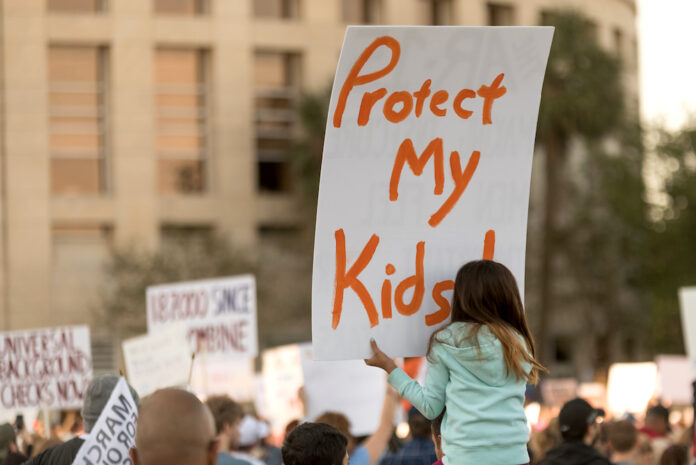The current turmoil in school politics is not just about book bans and angry parents telling school leaders and educators how to do their jobs. Beneath the controversies making headlines are several lower-profile but equally important issues that are exacerbating community divisions, a new report warns.
“Because schools are institutions that transfer culture and norms and one of the last public venues where Americans regularly come together, schools are often battlegrounds for society’s various debates,” says the authors of “Common Ground: How Public K-12 Schools Are Navigating Pandemic Disruptions and Political Trends”
The authors of the report have crunched multiple megabytes of public opinion data to identify flashpoints in student achievement, race and racism, guns and safety, LGBTQ rights and enrollment to help school leaders get a better handle on the landscape of school politics. Across this range of issues, the researchers identified and illuminated six themes:
1. Implementation matters. Poor change management or a lack of support for educators are driving some of today’s political conflicts. For example, restorative justice—which is seen by many as an equitable alternative to zero-tolerance discipline policies—doesn’t work if teachers aren’t trained or given the resources to implement the practice. The researchers assert further that much of the backlash against DEI initiatives and teaching about racism stems from poorly designed lessons and programs.
2. Definitions also matter. “Vague and imprecise language confuses conversations about key political issues.” School leaders can have more productive debates with the community out contentious issues when everyone understands that, for instance, schools are not actually teaching critical race theory and that school shootings, though terrifying, remain uncommon.
3. Loud voices often obscure general sentiment. School leaders have in some cases found that some issues, such as gun control, have been even more deeply politicized by well-organized special interest groups that sometimes come from outside their communities. “Polling data consistently suggests that parents are generally happy with their schools, including how they teach about American history and issues of racism, and generally agree on these issues,” the report says. “Yet there’s a concerted effort by many advocacy groups to focus on banning certain books or curricula.”
4. There’s not always an obvious “right” answer. School leaders must often make complex decisions quickly and under “enormous cross-pressures.” Superintendents and their teams did not have a lot of useful data beyond the wildly differing opinions of parents, staff members, students and politicians to guide them in reopening schools after the 2020 COVID lockdowns.
5. Pandemic-related school closings cast a long shadow. Student achievement and student mental health are not the only lingering casualties of school closures. People’s views on transgender student rights and teaching about race and racism have been inflamed by their feelings about school closures. “Lingering hard feelings about school closures are still influencing our politics.”
More from DA: School board conflicts lead to exits of 2 more well-known superintendents










